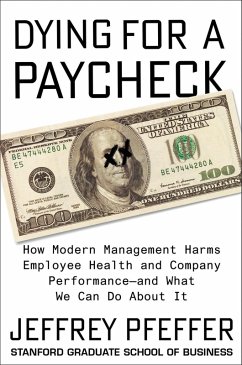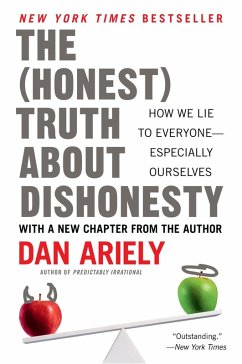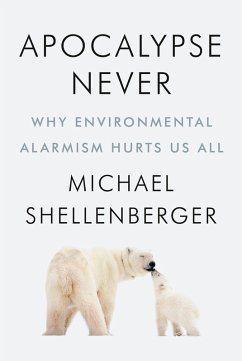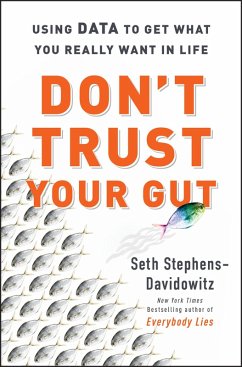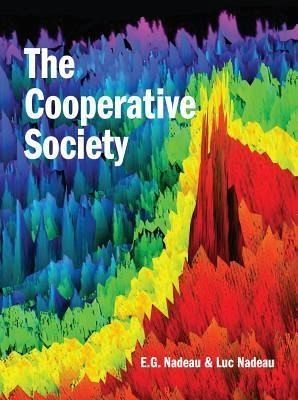
The Cooperative Society (eBook, ePUB)
The next stage of human history
Versandkostenfrei!
Sofort per Download lieferbar
2,99 €
inkl. MwSt.
Weitere Ausgaben:

PAYBACK Punkte
1 °P sammeln!
In this book, we present the hypothesis that humans may be on the threshold of a new historical stage, one characterized by cooperation, democracy, the equitable distribution of resources and a sustainable relationship with nature. Our history for more than 200,000 years has included cooperation with one another, with other species and with our physical environment. But it has also included a tremendous amount of conflict. Just look at the bloody trail of wars, violence and oppression that have characterized our relationships with one another and our planet throughout recorded history.The auth...
In this book, we present the hypothesis that humans may be on the threshold of a new historical stage, one characterized by cooperation, democracy, the equitable distribution of resources and a sustainable relationship with nature. Our history for more than 200,000 years has included cooperation with one another, with other species and with our physical environment. But it has also included a tremendous amount of conflict. Just look at the bloody trail of wars, violence and oppression that have characterized our relationships with one another and our planet throughout recorded history.
The authors hypothesize that we may be on the verge of moving beyond our conflict-filled past toward a society in which cooperation is the predominant way we relate to one another and to the world around us.
The Cooperative Society is organized in three parts: a description of the hypothesis; a "test" of it based on measurement of seven broad variables; and a set of observations and recommendations for how we can increase the likelihood of moving toward a more cooperative society during the next several decades.
We believe that a cooperative transition would be a momentous, positive step forward for our species. At the same time, we have attempted to objectively report and analyze the data for and against this transition, playing the role of both scientific observers and advocates.
The Cooperative Society is a call to action as well as the presentation of research results. We, as humans, have the ability to shape our society. Our purpose for writing this book is to motivate and assist readers in restructuring our economic, political and social behavior and institutions in ways that are better for humanity and for our planet.
The authors hypothesize that we may be on the verge of moving beyond our conflict-filled past toward a society in which cooperation is the predominant way we relate to one another and to the world around us.
The Cooperative Society is organized in three parts: a description of the hypothesis; a "test" of it based on measurement of seven broad variables; and a set of observations and recommendations for how we can increase the likelihood of moving toward a more cooperative society during the next several decades.
We believe that a cooperative transition would be a momentous, positive step forward for our species. At the same time, we have attempted to objectively report and analyze the data for and against this transition, playing the role of both scientific observers and advocates.
The Cooperative Society is a call to action as well as the presentation of research results. We, as humans, have the ability to shape our society. Our purpose for writing this book is to motivate and assist readers in restructuring our economic, political and social behavior and institutions in ways that are better for humanity and for our planet.
Dieser Download kann aus rechtlichen Gründen nur mit Rechnungsadresse in A, D ausgeliefert werden.





